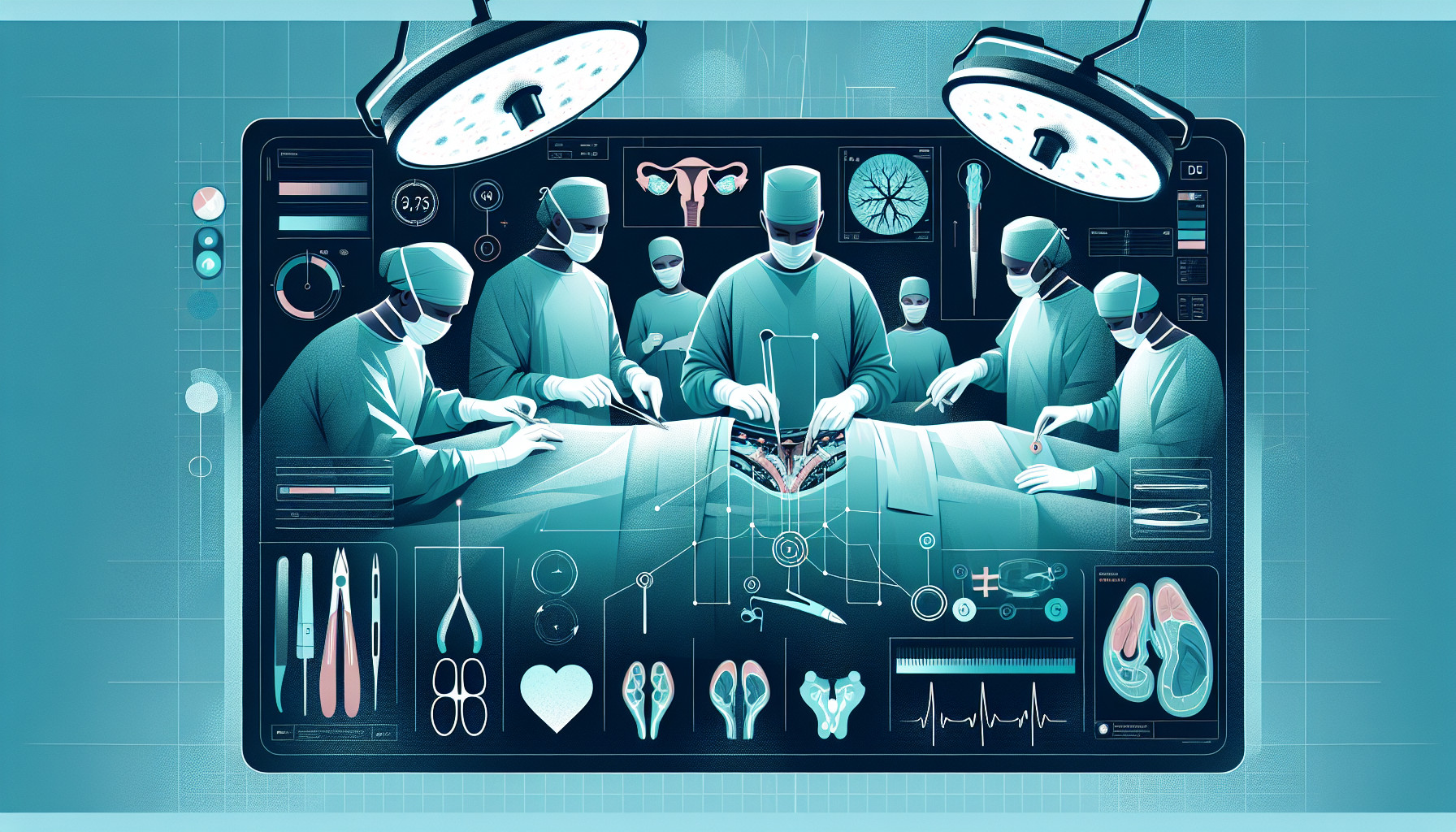Our Summary
This research article discusses the use of testicular prosthetics. These are fake testicles that can be inserted during or after the removal of a real testicle due to illnesses such as cancer. The authors of the paper reviewed existing research on the topic, looking at the history of these implants, how they impact patients psychologically, how they’re inserted, any complications that can arise, and how satisfied patients are with them.
By looking at 20 different studies, the authors found that most patients are happy with their implants. They feel that they’re comfortable and look and feel like a real testicle. The authors recommend that doctors should discuss this option with patients who need to have a testicle removed.
The study also mentions that new, innovative approaches are being explored in this field. For example, scientists are looking into new types of implants to treat low levels of testosterone. In addition, the use of 3D printing technology is changing the way these implants are made, with the goal of making them feel even more like a real testicle.
FAQs
- What are testicular prosthetics and why might someone need one?
- What have studies shown about patient satisfaction with testicular implants?
- How is new technology changing the production and design of testicular implants?
Doctor’s Tip
A helpful tip a doctor might tell a patient about testicular surgery is to follow post-operative care instructions carefully to ensure proper healing and reduce the risk of complications. This may include instructions on how to care for the surgical incision, managing pain and discomfort, and when to follow up with the doctor for post-operative appointments. Additionally, the doctor may recommend avoiding strenuous activities or heavy lifting during the recovery period to allow the body to heal properly.
Suitable For
Patients who are typically recommended testicular surgery include those with testicular cancer, testicular trauma, testicular torsion, or other conditions that require the removal of a testicle. These patients may be candidates for testicular prosthetics to help restore their appearance and improve their quality of life after surgery.
Timeline
Before testicular surgery, a patient may experience symptoms such as pain, swelling, or a lump in the testicle. They may undergo diagnostic tests such as ultrasound or blood tests to determine the cause of their symptoms. Once a decision is made to proceed with surgery, the patient will undergo pre-operative consultations, medical evaluations, and may need to stop certain medications or follow specific instructions to prepare for the surgery.
After testicular surgery, the patient will typically experience some pain and discomfort in the surgical area. They may be prescribed pain medication and instructed on wound care. Depending on the type of surgery, the patient may need to rest and avoid strenuous activities for a period of time. Follow-up appointments with the surgeon may be necessary to monitor healing and address any concerns.
In the case of testicular prosthetics, the patient may undergo a separate procedure to have the implant inserted. This may involve a brief hospital stay or be done as an outpatient procedure. The patient will need to follow post-operative instructions for care and recovery. Over time, the patient may experience improved self-esteem and body image with the prosthetic implant, as it helps restore a more natural appearance. Satisfaction rates with testicular prosthetics are generally high, with most patients happy with the results.
What to Ask Your Doctor
Some questions a patient should ask their doctor about testicular surgery include:
- What are the risks and potential complications associated with the surgery?
- How long is the recovery period and what can I expect during this time?
- Will I need to take any medications or follow a specific post-operative care plan?
- How will the surgery impact my fertility and hormone levels?
- Are there any alternative treatments or options available besides surgery?
- What type of implant will be used and how will it feel compared to a real testicle?
- How long will the implant last and will it need to be replaced in the future?
- Will the implant affect my ability to engage in physical activities or sports?
- How will the surgery impact my psychological well-being and body image?
- Are there any support groups or resources available for patients undergoing testicular surgery?
Reference
Authors: Matthew-Onabanjo AN, Honig S. Journal: Sex Med Rev. 2024 Sep 25;12(4):761-769. doi: 10.1093/sxmrev/qeae055. PMID: 39122239
